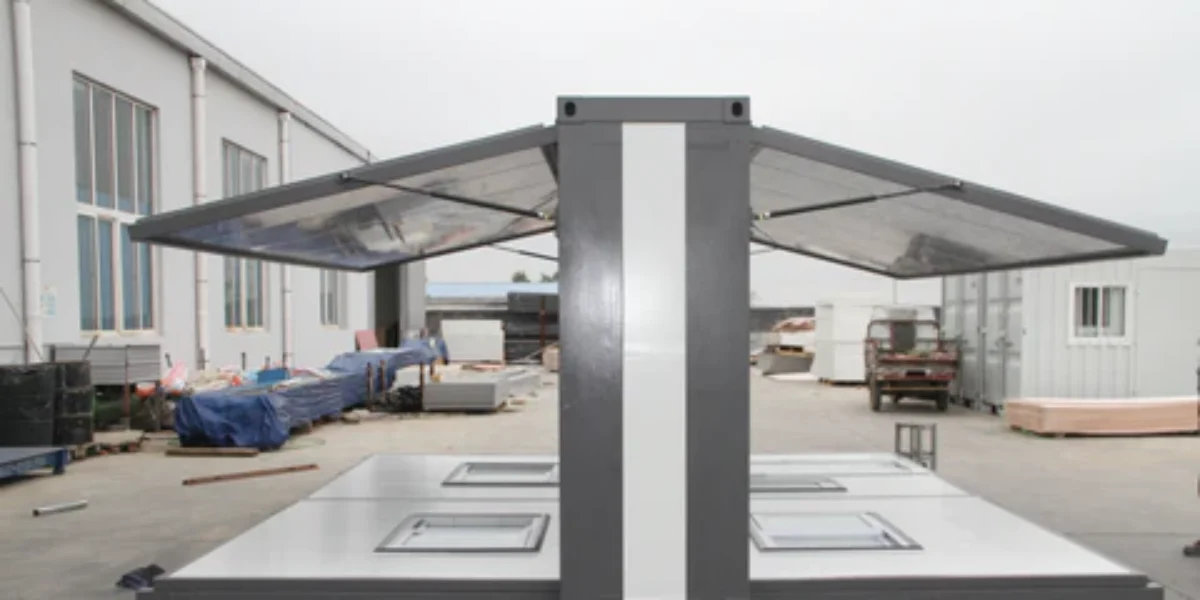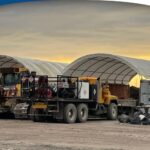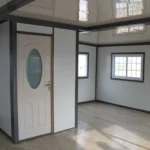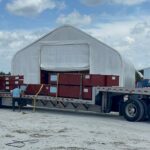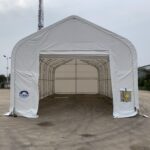Modular home vs traditional houses
Modular homes are becoming a more popular option as a home-building method. Although each method has its own advantages, there are many reasons to believe that modular homes are a better investment.
What is a modular home?
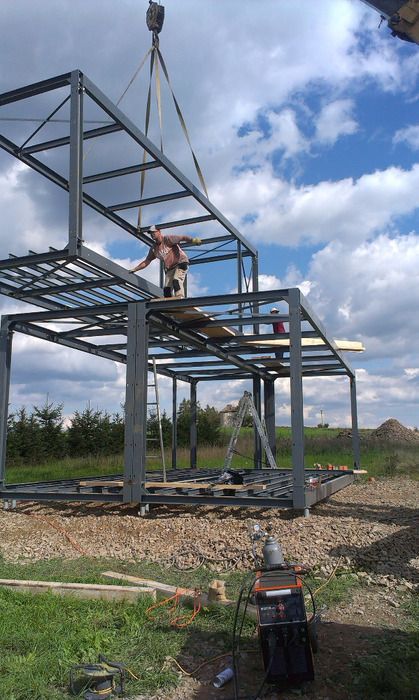
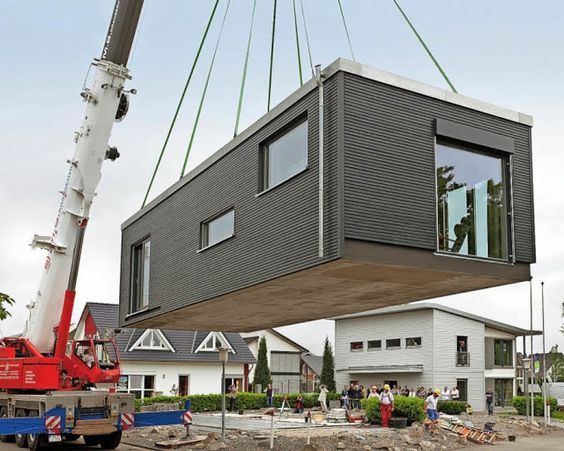
Modular homes are prebuilt houses built in a factory and then transported to the building site. They can be constructed much faster than traditional homes and use higher-quality materials and construction standards.
However, manufactured homes are still a better option due to their efficiency, quick construction time, and ease of building.
One of the main benefits of modular homes is that they are built in a factory and transported to the building site.
This makes them much easier to construct since all building materials arrive at the site already finished.
It also makes transporting them much safer since they aren’t being moved while under construction. In addition, modular homes are built with a lot of prebuild materials.
How much are modular homes?
Modular homes are sold by size and price, which affects how quickly they can accommodate different household sizes and needs.
The dimensions of a typical module are 12 feet long, 15 feet wide, and 7 feet high with adjustable dimensions available upon request.
Homebuyers should expect prices ranging from $40,000-$300,000 for a single module if they have access to a construction site.
When buying in bulk, construction companies sometimes offer discount rates for large orders as well as free transport from the site to the sales lot.
Storage and Canopy we have managed to reduce production costs which will benefit our customers with the lowest prices in the industry.
-
 Mobile expandable house 19ft x 20ft (Kitchen, 1 bedroom)$24,200.00
Mobile expandable house 19ft x 20ft (Kitchen, 1 bedroom)$24,200.00 -
 Mobile expandable house 19ft x 20ft (Kitchen, 2 bedrooms)$25,190.00
Mobile expandable house 19ft x 20ft (Kitchen, 2 bedrooms)$25,190.00 -
 Expandable Container House 16.5ft x 20ft$21,889.00
Expandable Container House 16.5ft x 20ft$21,889.00 -
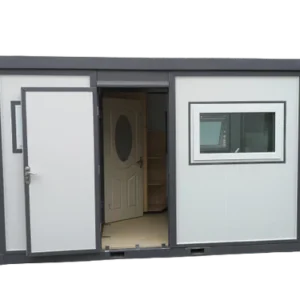 Mobile Office$15,890.00
Mobile Office$15,890.00 -
 Expandable Container Homes 19ft x 20ft$23,790.00
Expandable Container Homes 19ft x 20ft$23,790.00
Advantages of modular houses
This makes them much faster to build since the subcontracted builders only need to assemble them on-site.
It also makes them much more environmentally friendly since they require less energy to transport to their destinations.
Another benefit of modular homes is that they are constructed much faster than traditional homes.
This is due to prefabrication- meaning many of the house’s parts are already finished when it reaches the building site.
It also helps that modular homes use prefabricated materials; this allows subcontracted builders to focus on assembly rather than finishing work.
In addition, modular homes can be built at any season of the year- meaning construction can occur year-round instead of being seasonal.
Weather conditions limit manufactured home construction, so it cannot happen during winter when foundations must freeze before subfloors can be attached.
However, modular home construction occurs indoors; this allows it to occur year-round with minimal weather impact on building progress.
Modular homes use better quality materials and construction standards than manufactured housing units.
This is because modular home manufacturers must meet stringent guidelines for transportation and unloading before their products can be sold on the market.
In addition, these structures are designed to withstand harsher weather conditions than traditional homes since they’re meant to be easily transported if necessary.
In contrast, some manufactured housing units have been found to have lower quality standards than what consumers expect from home ownership.
They’re also more likely to fail immediately after homeowners close on their purchase- leading to expensive repairs or even unwanted foreclosures in some cases.
While modular homes have many benefits, there are some reasons why some people prefer manufactured housing units over modular ones.
One reason is that many builders find it easier and faster to construct manufactured homes than modular homes.
In addition, many feel that manufactured housing units are more affordable than modular units since they’re less expensive for builders to construct due to lower labor costs from prefabricated panels.
Another reason why some prefer manufactured housing units over modular ones is that they can be constructed faster than modular ones since they’re already partially assembled in factories before reaching their destination sites.
In addition, many feel that manufactured housing units are more affordable since they’re often funded by FHA loans depending on how much money one makes monthly; these loans cover up to 97% of the total cost of your new home!
Although modular homes tend to be more energy efficient, they can be less environmentally friendly than manufactured housing units in specific ways.
For example, while fiberglass insulation panels used in most modular homes meet current fire safety regulations, older insulation may contain asbestos or other hazardous materials which pose health threats if disturbed while in place during remodeling or demolition projects over time.
Overall, there are many benefits associated with purchasing a modular home instead of a manufactured one; however, there are some downsides.
Modular homes have faster construction times, better material quality, and advanced safety norms than other prefabricated casing options like manufactured casing units.
Again, it’s easier and cheaper for builders to construct manufactured casing units since they are incompletely pre-assembled in manufactories before reaching their destination spots for assembly by subcontracted builders on-point during construction timeframes & rainfall conditions permitting throughout the applicable season(s).
Ultimately, it’s up to each homeowner’s personal preferences, overall financial situation, and circumstances as to which type of prefabricated structure they determine will best suit their current and later residential needs & desires over time.


